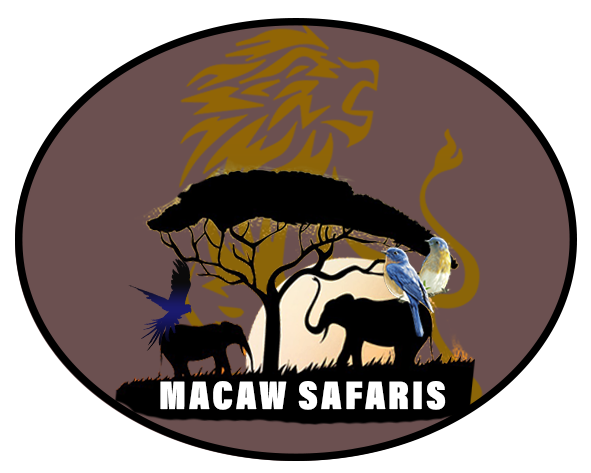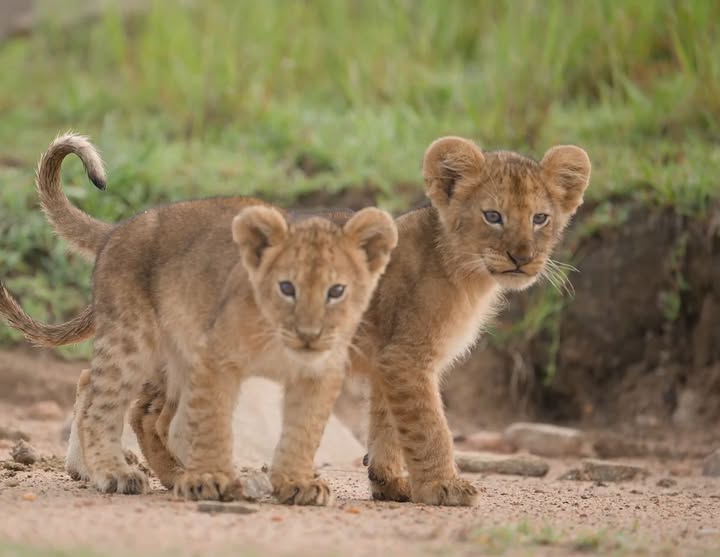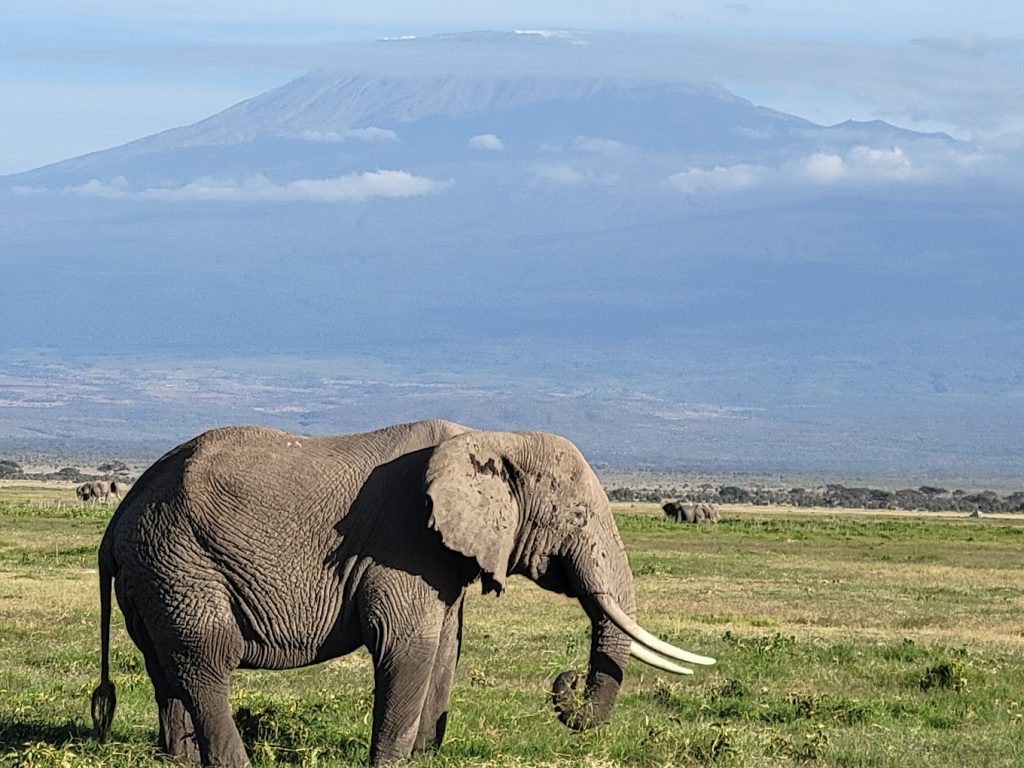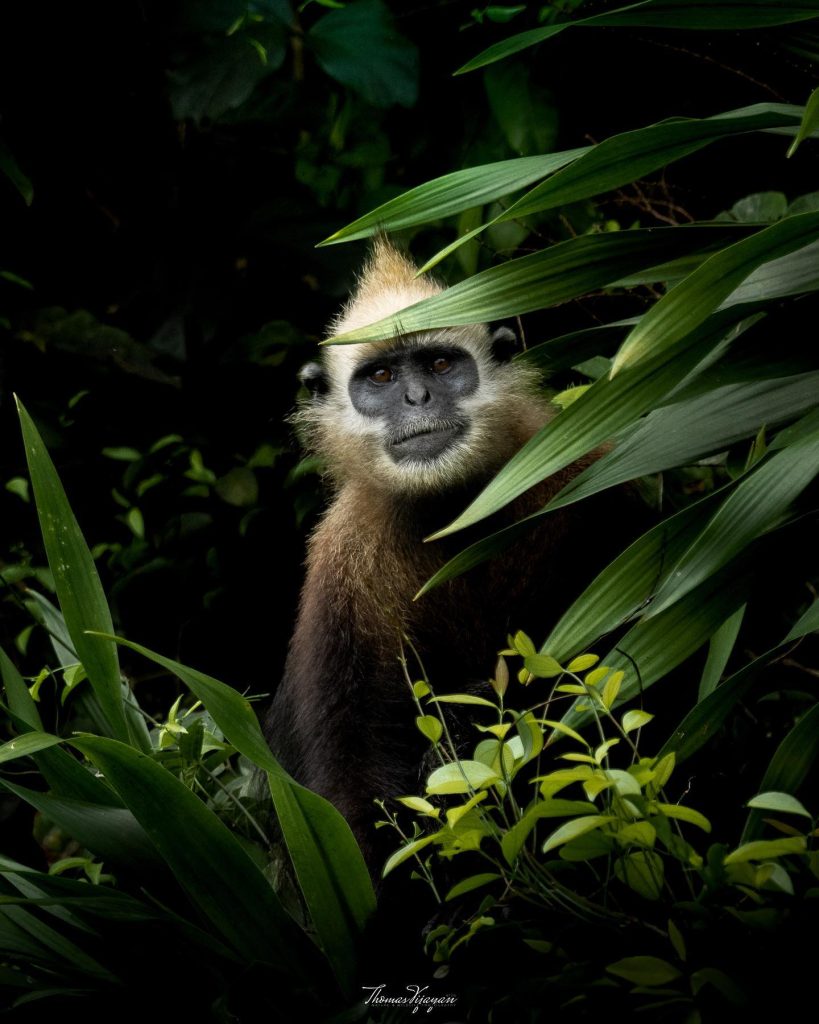Lion cubs are among the most fascinating and adorable creatures in the animal kingdom. Born into the heart of Africa’s savannah, these young big cats exhibit unique behaviors that offer insight into their development, survival instincts, and social dynamics. Whether you’re a wildlife enthusiast or planning an African safari, learning about lion cub behavior enriches the experience of observing these iconic animals.
1. Playful and Curious by Nature
From just a few weeks old, lion cubs begin to show playful behavior—pouncing, chasing, and mock-fighting with their siblings. This play is not just for fun; it’s essential for developing hunting and social skills. Through play, cubs learn to stalk, wrestle, and bite—skills they’ll need to survive as adult predators.
2. Heavily Dependent on the Pride
Lion cubs rely entirely on their mothers and the pride for survival. Mothers nurse their cubs for up to six months, while other lionesses in the pride may help with grooming and protection. Cubs start eating meat around 10 to 12 weeks but continue nursing as they transition to solid food.
3. Hidden from Danger
During the first few weeks of life, lion cubs are kept hidden in dense bushes or rocky crevices to protect them from predators like hyenas, leopards, and even rival lions. Mothers often move them to new hiding spots every few days to avoid detection.
4. Vocal and Social Creatures
Lion cubs are very vocal, using soft mews and grunts to communicate with their mother and siblings. As they grow, they begin to mimic adult roars and other sounds, which play a role in bonding and asserting their presence within the pride.
5. High Mortality Rates
Sadly, lion cubs face a high mortality rate in the wild. Up to 80% may not survive past their second birthday due to starvation, disease, or being killed by rival male lions during pride takeovers. This harsh reality shapes much of their cautious, dependent early behavior.
The behavior of lion cubs reflects the delicate balance between innocence and survival. Their playful actions, social interactions, and early struggles offer a powerful glimpse into the life cycle of Africa’s most iconic predator. Observing lion cubs in the wild is not just heartwarming—it’s a lesson in nature’s resilience and the vital role of pride dynamics.



